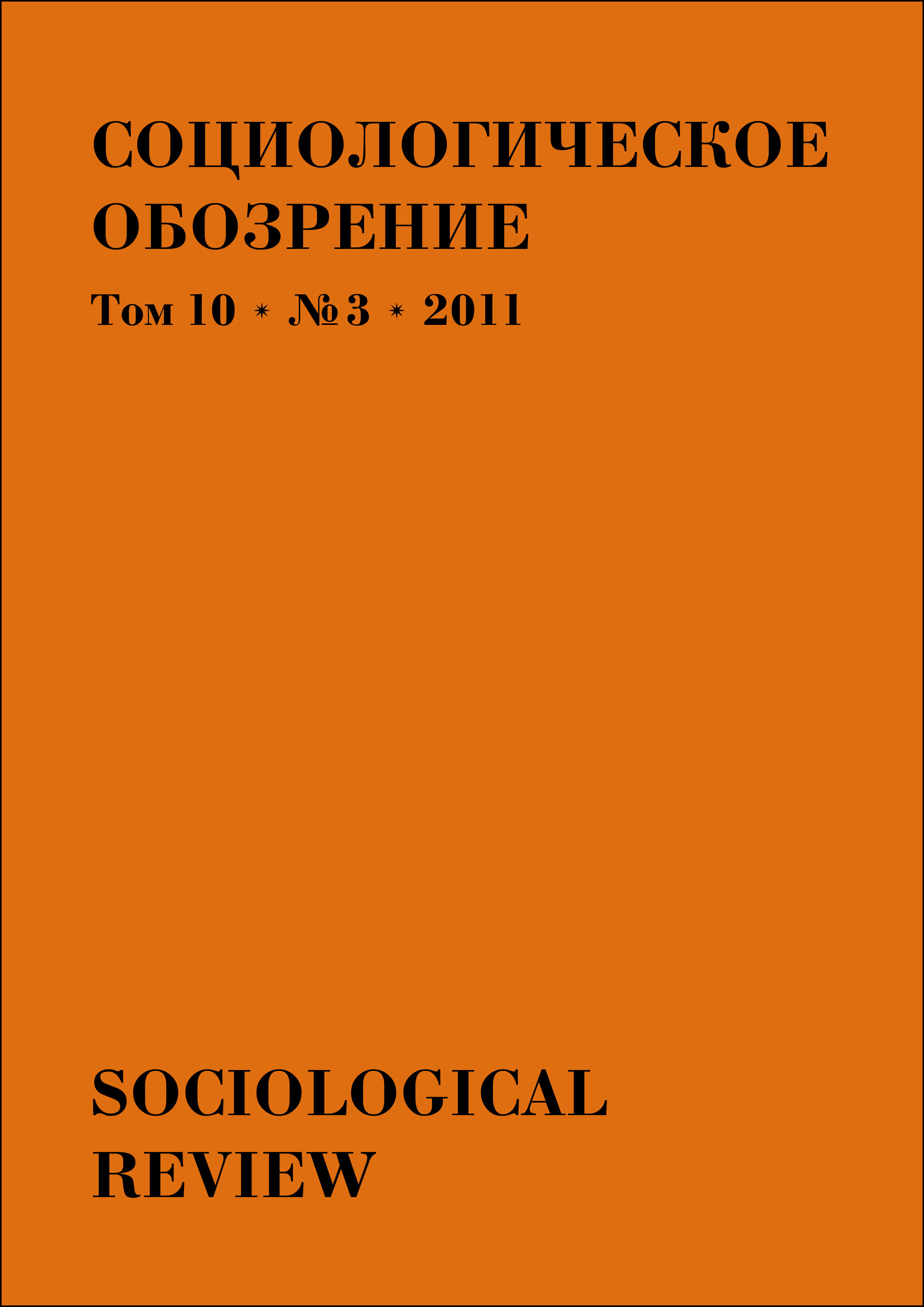The rationalization of law and diagnosis of the times
Abstract
In this section of his book «The theory of communicative action» Jürgen Habermas considers Max Weber’s legalistic views. According to Habermas, Weber treats law in such a way that it is detached from evaluative sphere and can appear from the start as an institutional embodiment of cognitive-instrumental rationality. For Weber law is distinguished primarily by three formal properties: positivity, legalism, and formality. These three structural properties refer to the mode of legal validity and legal enactment, to criteria of culpability and the mode of sanction, and finally to the way in which legal action is organized. The dominance of purposive rationality in Weber’s view of the law allows Habermas to suggest a series of critical arguments. From his point of view, Weber’s theory of action prevent him from adequate understanding of the functioning of the modern law because it takes into account only one aspect of the tendencies toward juridization: detachment of the subsystems of purposive-rational action from their moral-practical foundations due to the rationalization of action orientations.




